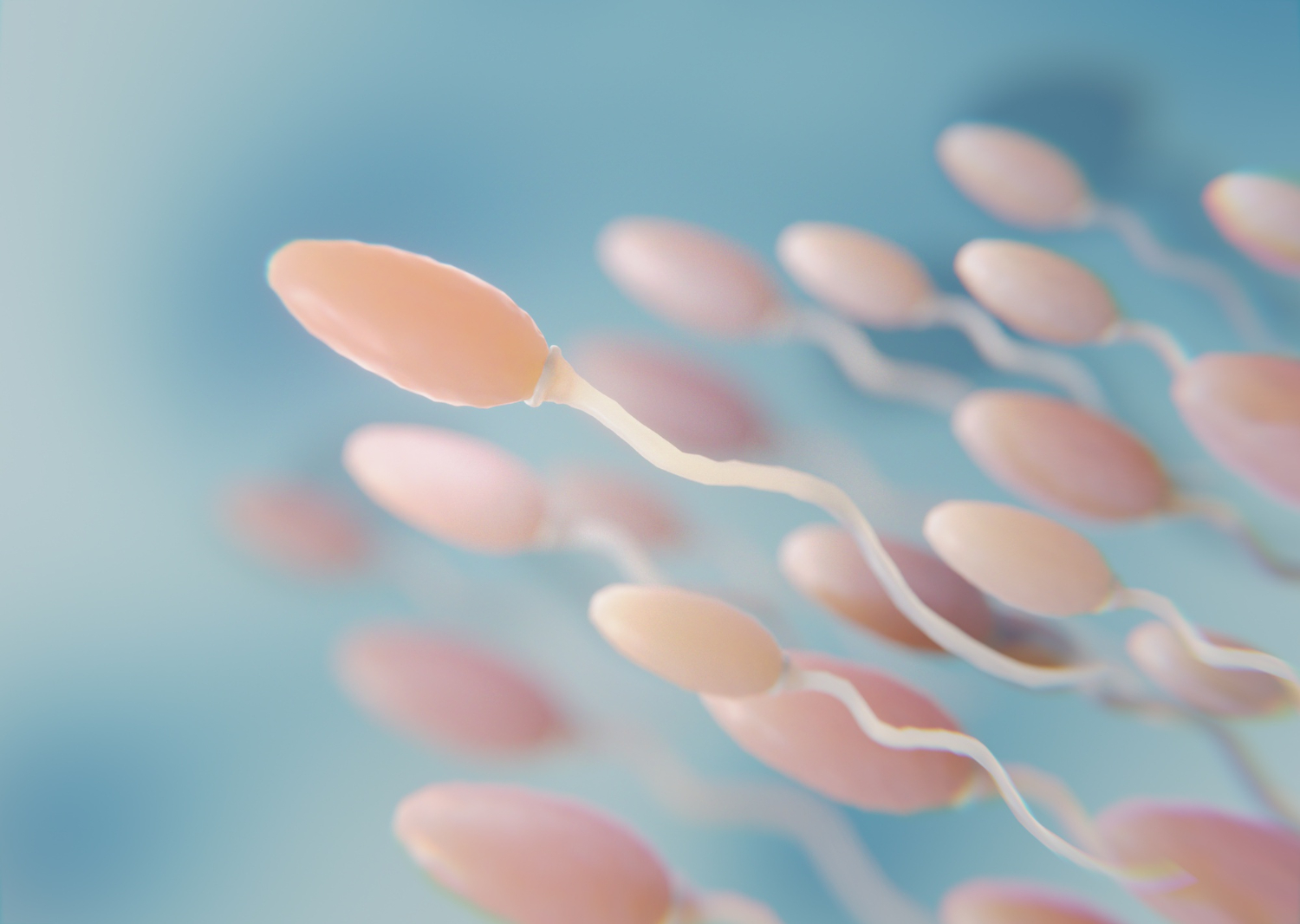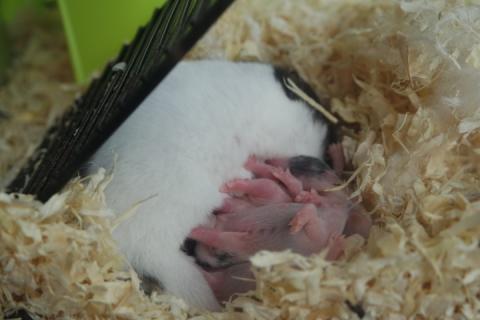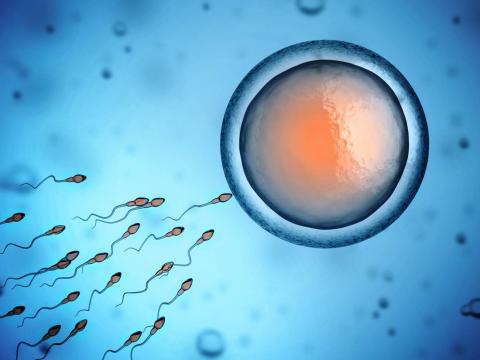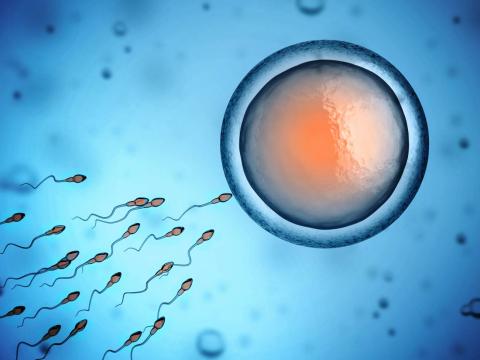Reaction: Insecticide exposure is associated with lower sperm concentration
A review of 25 studies conducted over nearly 50 years has found an association between insecticide exposure and lower sperm concentration. According to the authors, "insecticides are a public health concern for all men, who are exposed mainly through consumption of contaminated food and water". The results are published in the journal Environmental Health Perspectives.

Calonge - Insecticidas (EN)
Rocío Núñez Calonge
Scientific Director of the UR International Group and Coordinator of the Ethics Group of the Spanish Fertility Society
Ellis et al. systematically reviewed 25 human studies of occupational and environmental insecticide exposure over nearly 50 years to see if it affected sperm numbers. The study revealed a clear association between insecticide exposure and lower sperm concentration. Two widely used insecticides in particular were studied: organophosphates and N-methyl carbamates.
This research is the most comprehensive systematic review on this topic to date and the first to use a comprehensive methodology (multivariate analysis) to quantitatively synthesise several decades of epidemiological literature. The results of the study show strong evidence for an association between higher adult insecticide exposure and lower sperm concentration.
Although there are now many studies that show a decrease in sperm count globally, other studies have not shown differences. However, there does seem to be agreement that there are geographical differences in sperm concentration in different populations and in different countries. One of the possible causes that have been suggested is environmental differences and, although there are isolated studies that prove an association between insecticide use and low sperm quality, there are no such large studies covering such a long period of time and with such a large number of cases.
The demonstration, in the light of these studies, of the association between lower sperm concentration and insecticide use, especially from an occupational point of view, may explain the differences found in the literature.
The authors point out some methodological limitations in the included studies, such as the lack of some data and the need for prospective cohort studies to be able to know the temporal variability in exposure.
Ellis et al.
- Research article
- Peer reviewed
- Non-randomized
- Observational study
- People
- Systematic review
- Meta-analysis



